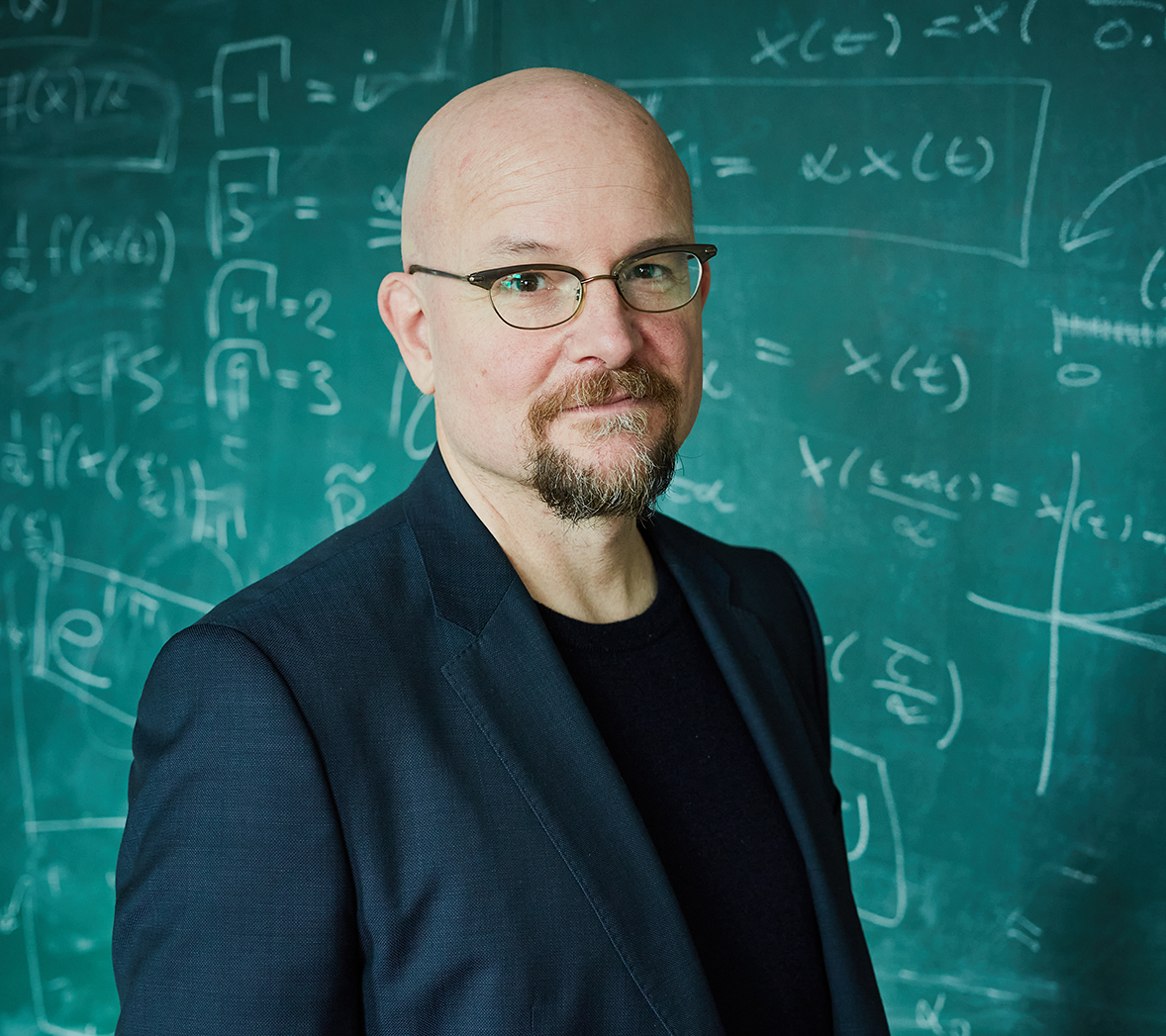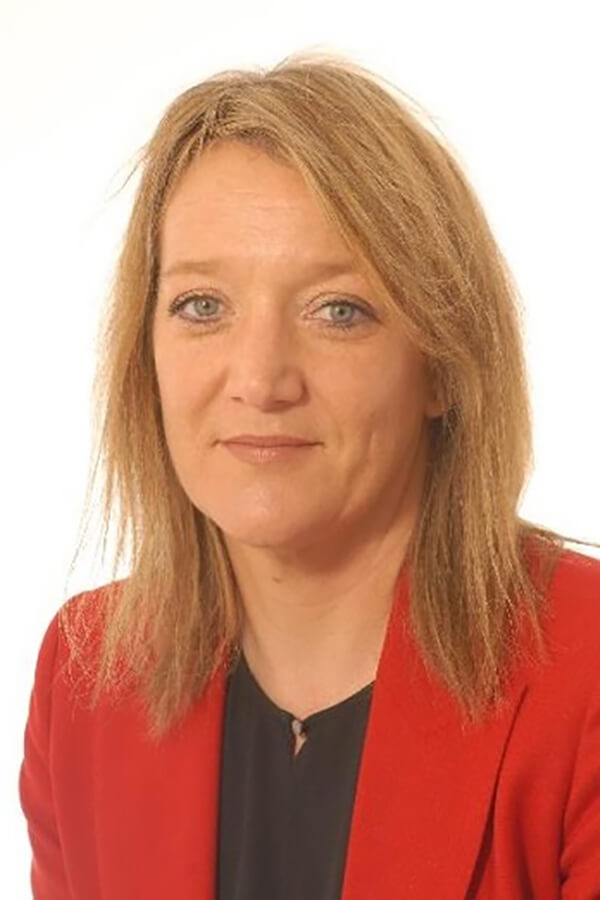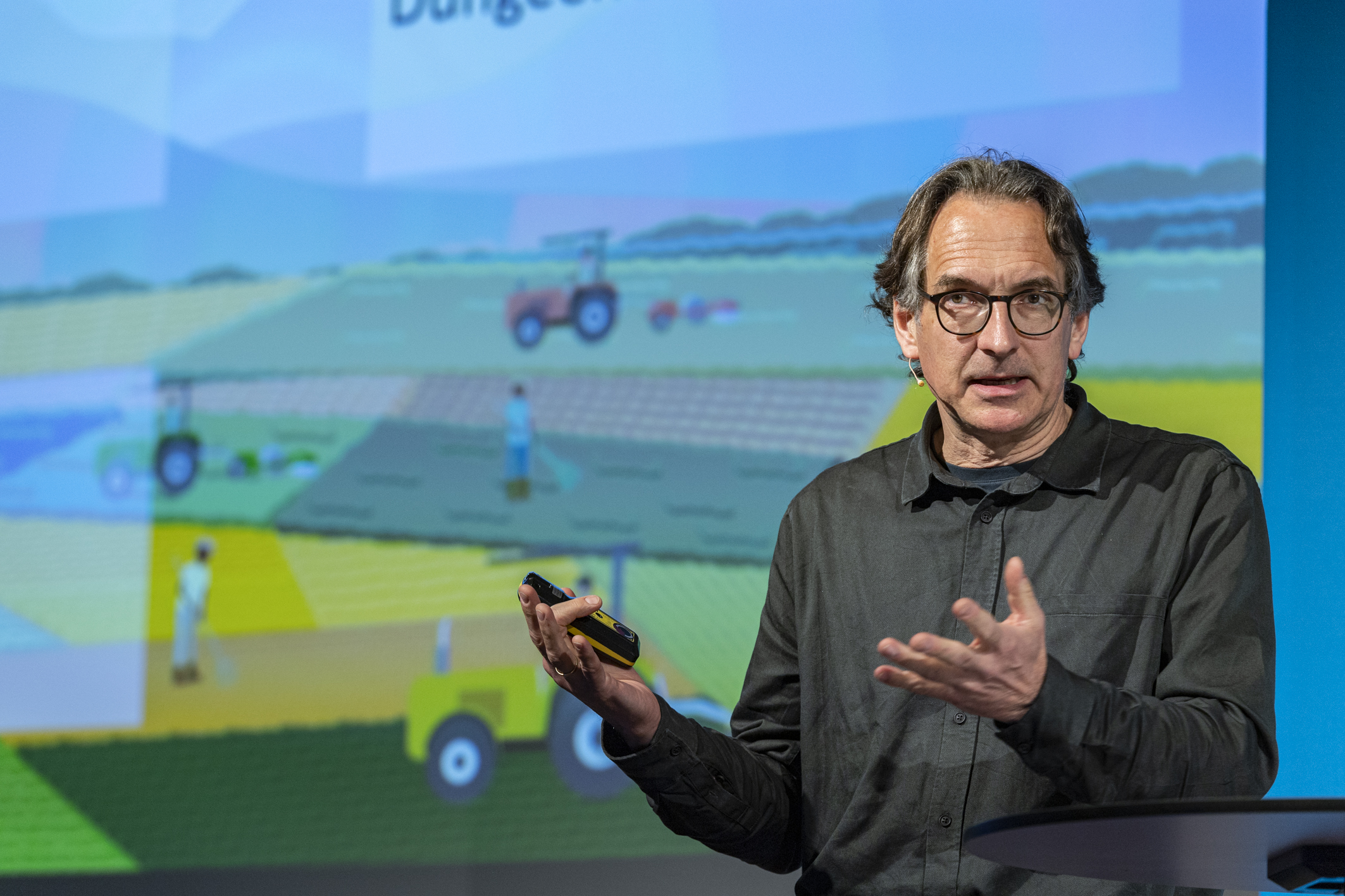Dr. Dirk Brockmann
Bio: Dirk Brockmann is director of the Center Synergy of Systems (SynoSys) at TU Dresden (Dresden University of Technology) and professor at the Departments of Biology and Physics there. Before becoming founding director of SynoSys he was professor at the Departments of Biology and Physics at Humboldt University of Berlin and led a research team at the Robert Koch Institute in Berlin, Germany’s national public health institute. Between 2008 and 2013 he was professor at the Department of Applied Mathematics at Northwestern University and faculty member of the Northwestern University Institute on Complex Systems. Dirk has worked on various topics, ranging from computational neuroscience and anomalous diffusion in biological and physical systems to infectious disease dynamics, human mobility, network theory and citizen science. Dirk believes in the value of anti-disciplinary science, the intentional breach of traditional scientific boundaries and is particularly interested in bridging the gap between biological and social sciences and the philosophy of complexity science.
Title: Complexity, Networks and Infectious Disease Dynamics
Abstract: The COVID-19 pandemic has highlighted the intricate nature of infectious disease dynamics, driven by interactions across biological, social, and technological systems. In this talk, I will demonstrate how complexity science, and particularly network theory, provides powerful tools for understanding the global spread of human-to-human transmissible diseases. Central to this is the concept of effective distance, which reveals that connectivity—not geographic proximity—better predicts the spatiotemporal dynamics of pandemics. I will also discuss how mobility networks changed during the pandemic, and how we analyzed these changes using aggregated individual mobility patterns derived from cell phone data. Finally, I will present developments in digital epidemiology, especially how large scale natural experiments help to understand disease dynamics. These methods, advanced during the COVID-19 crisis, illustrate how complexity-based perspectives enhance our ability to monitor and model disease spread in an increasingly interconnected world.
Hilary Hanahoe
Title: No Data, No Party: the importance of responsibly shared, well managed data in a global digital era
Abstract: Research Data Management (RDM) is certainly not a new concept. It dates to the advent of mainstream computers, and yet decades later we are still struggling with standards, concepts and solutions to ensure RDM is the guest of honour at the party, not the gate crasher (or on the waiting list). Why is RDM perceived as a challenge and an effort to introduce into the research and scientific workflow? With the advances in data infrastructures and resources available to support RDM, as well as the high expectations and uncertainties about high quality data to ensure AI’s positive impact, responsible data sharing is the way forward. With the work already done by the Research Data Alliance’s global community can we be confident that open (or available) research data can be made secure, permanent, persistent and trustworthy?
Bio: Hilary Hanahoe is the Secretary General of the Research Data Alliance (RDA), an international, non-profit, volunteer organisation addressing the need for open and interoperable sharing and re-use of research data and building the social, technical and cross-disciplinary links to enable such sharing and re-use on a global scale. Currently, RDA has a community of over 14,500 individual data professionals from 151 countries collaborating on different open science and open data activities, operating under six fundamental guiding principles of openness, consensus, harmonisation, community-driven, inclusivity, not for profit and technology neutrality. Hilary is passionate about the work of the Research Data Alliance and its vibrant, volunteer community working to enable the open sharing and reuse of data across the globe.
Dr. Ralf Seppelt
Title: From Data Deluge to Decision Power: Can We Make Science Matter?
Abstract: We’re generating more data than ever — maps, models, indicators, scenarios. But let’s be honest: how much of it actually shapes decisions? For scientists working for instance on climate, biodiversity, and health, the gap between knowledge and action can feel like a black hole. This keynote pulls back the curtain on one of the most ambitious global synthesis efforts to date: the Assessment on Biodiversity, Water, Food, and Health of the Intergovernmental Science-Policy Platform on Biodiversity and Ecosystem Services (IPBES). It’s part data science, lots of scientific synthesis and interpretation but also political theatre — and 100% relevant to anyone trying to turn complex evidence into impact. We’ll explore where synthesis works, where it breaks, and how AI might reshape everything from data mining to diplomatic negotiations.
Bio: Ralf Seppelt is a German mathematician, academic and author. He is a professor of Landscape Ecology and Renewable Resource Economics at Martin Luther University Halle-Wittenberg, head of the Research Unit Ecosystem of the Future and the co-head of the Department of Computational Landscape Ecology at the Helmholtz Centre for Environmental Research. He is also the founding director of the Luxembourg Centre for Socio-Environmental Systems at Luxembourg University since March 2025.
Organizers
 |
Sponsors
 |
 |



